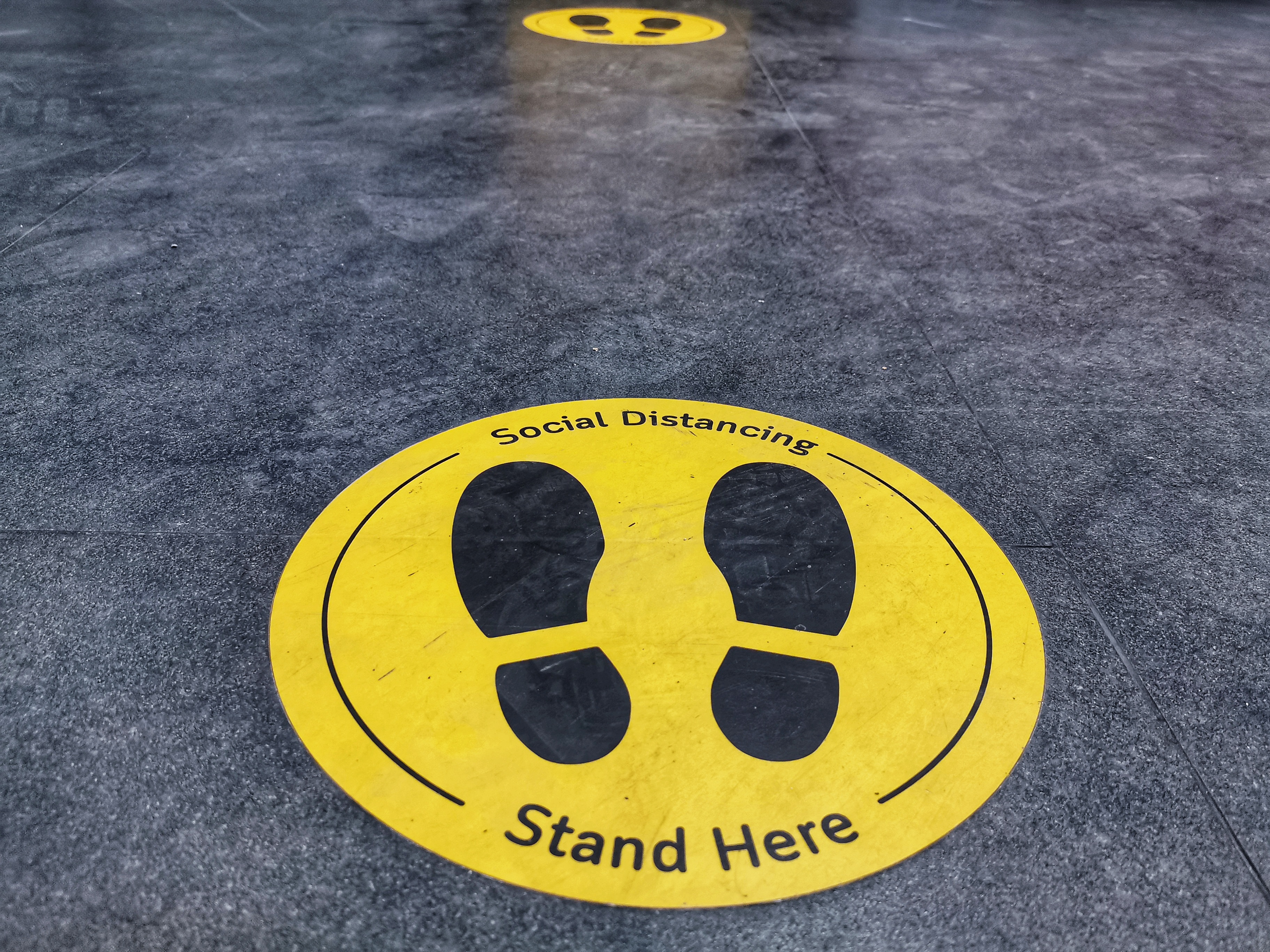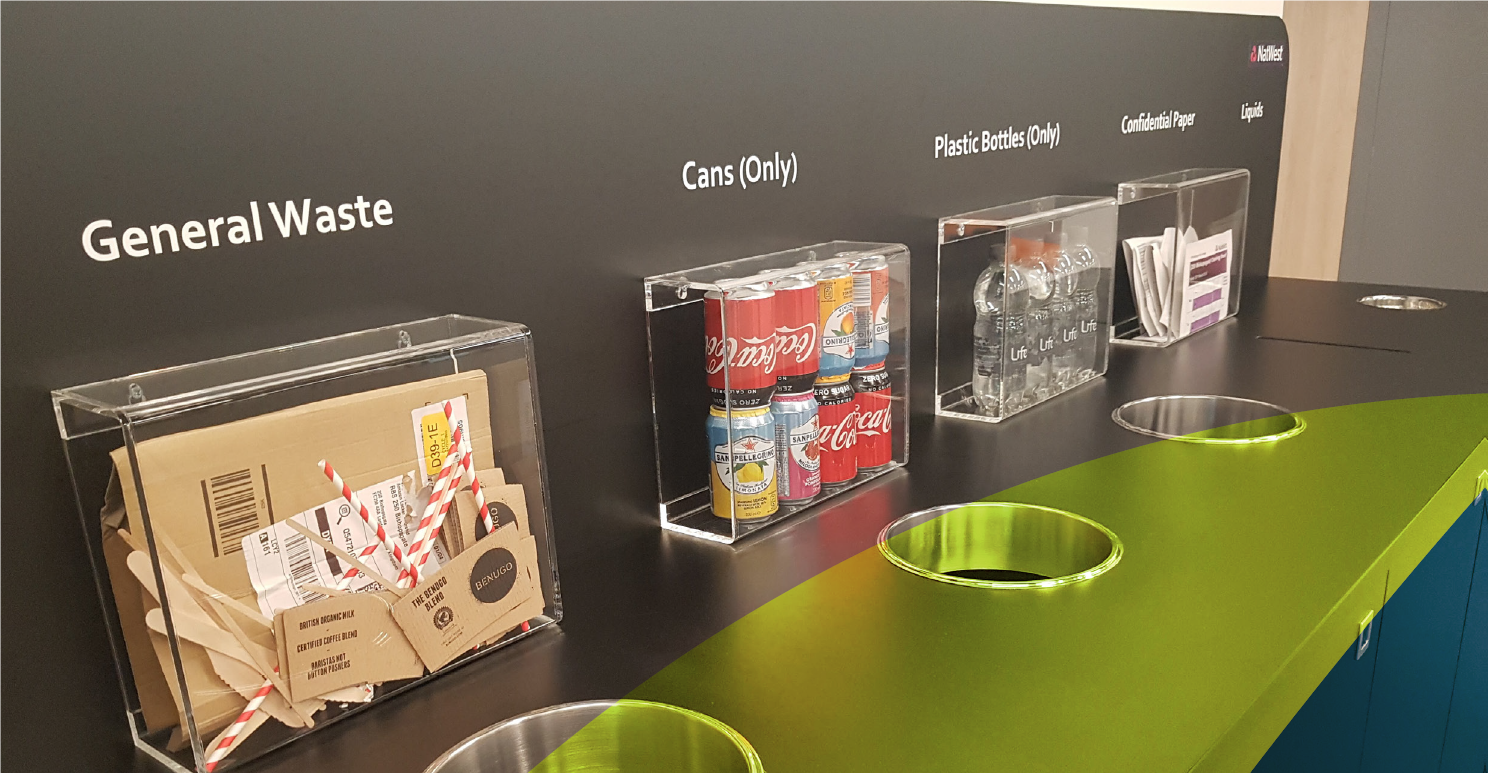Business in 21C Britain:
Striking the responsible balance
Reviewing business practice since the Industrial Revolution, we see a prevailing focus on innovation, productivity and profitability. All emphasis was on efficiency, whether by man power or machine power. In the consuming quest for progress in methods and outputs, consideration of the welfare of workers and the impact of operations on the local and wider environment was largely overlooked.
As the years have passed, reactive legislation has been introduced in response to growing awareness of obviously unacceptable effects from commercial operations. Companies have been required to comply and standards have risen accordingly.
In 2020, we see a tipping point having been reached
The prevailing expectation is for organisations to proactively assess the impact of their operation on people and planet, and to voluntarily take measures to mitigate all negative aspects.
With this expectation, comes a shift from corporate compliance to human-centred responsible care.
In business jargon, these considerations fall within CSR (Corporate Social Responsibility) – a mainstay of business policy in recent decades, but often reduced to a box-ticking exercise. With the dramatic shift in consumer and employee attitudes, CSR is now critical not only to ethical internal practice, but also to external brand reputation and success.
A changed landscape: COVID-19
When Covid19 emerged in the UK in spring 2020, the business world underwent a rapid and startling  transformation. By April 5th, almost a quarter of UK businesses had paused trading, and 93% said that turnover was lower than ‘normal’.
transformation. By April 5th, almost a quarter of UK businesses had paused trading, and 93% said that turnover was lower than ‘normal’.
As the world came to terms with the effects of the pandemic, a growing awareness emerged that care of people was paramount. Suddenly, the importance of protecting employees’ health became the key to business survival. Companies with strong CSR programmes were often better placed to adapt to the challenges that Covid presented. After an unprecedented level of work-from-home, workspaces were adjusted to make them Covid-safe, in view of a gradual return to work. And with the partial or complete return, came a complete re-ordering of priorities for most businesses.
There is no planet B
The scale of the Covid disaster at a human level, is in someway equivalent to the scale of the plastics crisis for marine life– another major issue which has come forcibly to the public’s attention. Both crises remind us that there is no other planet to go to, to escape the challenges we face. The critical need for every person and organisation to commit to responsible waste management and recycling has become apparent to all.
Over the past five years, public distaste for conspicuous consumption and waste has increased, and so too has consumers’expectation that their favourite brands will adopt greener methods of working. Market research has demonstrated that younger consumers – those of the Millennial and Gen Z cohorts– seriously consider ‘the conduct of the companies that they’re buying from. Schawk reports that, ‘when making purchases, younger consumers are looking for brands with transparent, ethical and sustainable practices. They take a brand’s social good into consideration.
has consumers’expectation that their favourite brands will adopt greener methods of working. Market research has demonstrated that younger consumers – those of the Millennial and Gen Z cohorts– seriously consider ‘the conduct of the companies that they’re buying from. Schawk reports that, ‘when making purchases, younger consumers are looking for brands with transparent, ethical and sustainable practices. They take a brand’s social good into consideration.
Influencing habits and leading change
With the growing awareness of the need for action, organisations face the challenge of translating good intentions into working reality. To ensure that policies convert into everyday practice, staff engagement is crucial. Without the active engagement of all those concerned, effective hygiene and responsible recycling remain mere objectives only. This need for staff engagement is arguably the most critical factor in creating a responsible workplace, where care for people and planet is properly considered. Making provision to sanitise hands or to dispose of recycling waste rightly is great. To do so in a way that positively persuades people to do the right thing, is the hallmark of a truly responsible workplace.
The three pillars of positive engagement:
-
Make any scheme easily accessible within everyday life
-
Apply a positive and appealing image at every touchpoint
-
Actively promote the scheme within the company culture
The internal benefits of responsible care
As well as creating a collective sense of being an ethical team, doing right things, a responsible-workplace  approach also enhances a sense of security within the workplace. Staff feel happier when contributing to a cause that is larger than their immediate circumstances and having a place in considerate society, as well as knowing that their own personal wellbeing is cared for. Many prospective employees assess the ethical credentials of a company before deciding to join.
approach also enhances a sense of security within the workplace. Staff feel happier when contributing to a cause that is larger than their immediate circumstances and having a place in considerate society, as well as knowing that their own personal wellbeing is cared for. Many prospective employees assess the ethical credentials of a company before deciding to join.
The external benefits of a social conscience
“A plethora of research points to a majority of stakeholders agreeing that CSR is a ‘must do’, says Kristian Darigan Merenda, Edelman’s senior vice president of brand and corporate citizenship. This sentiment is born not only out of a rightful sense of duty, but an awareness that business survival depends upon it.
A radical shift in consumer behaviour
Regardless of the industry, the research is unanimous. Clients and consumers are concerned about unnecessary waste and poor environmental policies. PepsiCo recently surveyed the public about the importance of environmental credentials and found that 44% of customers felt more positively about brands that demonstrated concern for environmental issues.
The PepsiCo survey addressed a cross section of society, but with the increasing spending power and ‘activist spending’ patterns associated with Gen-Z and Millennial consumers, we can expect pressure on organisations to increase their focus on responsible conduct, year on year.
The benefit to brands of a responsible-care approach is immeasurable. No-one can say exactly how much it counts for, but the risk of any brand remaining behind the curve of social expectations is not one worth taking in the 21st century.

Conclusion
Taking meaningful steps towards responsible operation makes companies more enduring and enhances their brand reputation. Organisations that build robust social responsibility into their operational plans, will be more resilient to rapidly changing consumer attitudes. The business community was rocked by the plastics crisis, and partially paralysed by Covid19. Those with responsible-care plans in place were best placed to bounce back. As everyone moves forward in the wake of these significant wake-up calls, there is an opportunity to create a more considerate world in which both people and planet are truly looked after.
The Unisan Mission
We’re passionate about making recycling and hygiene provision at work easier and more engaging. We believe this empowers people to do the right thing and allows companies to demonstrate their commitment to people, sustainability and the environment. We’re a friendly, enthusiastic team, with real expertise in recycling and workplace sanitation. Whether you would like help with a new and exciting project, have questions you would like answered or would just like to find out some more information, we’re more than happy to assist. Call us on 0330 700 6000 or email us on [email protected].



